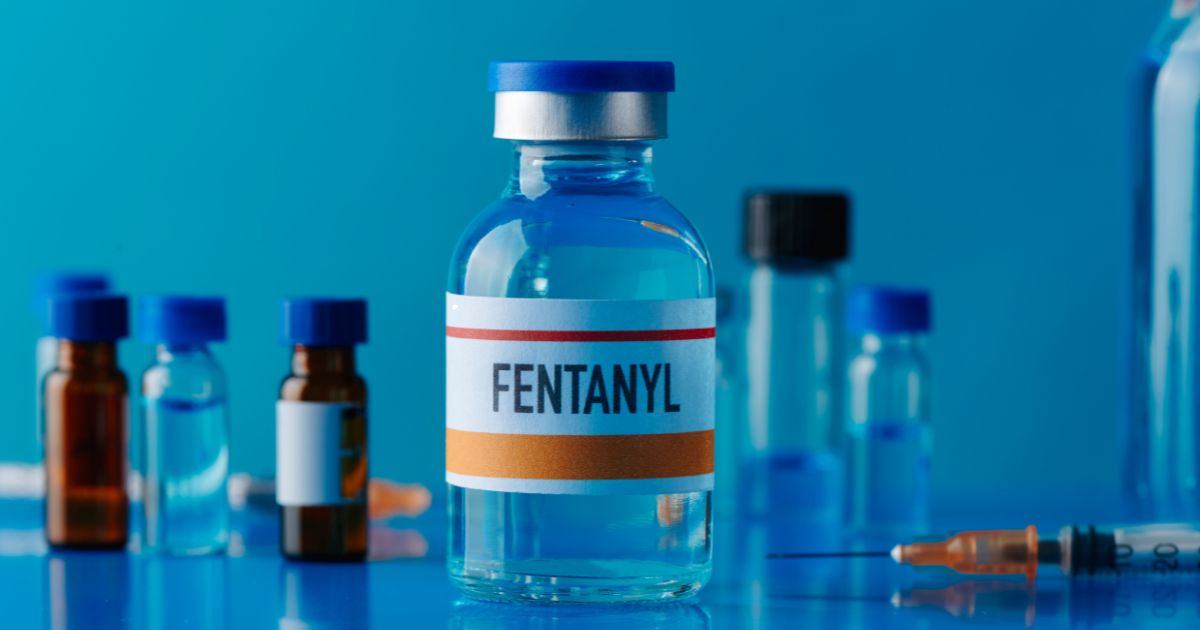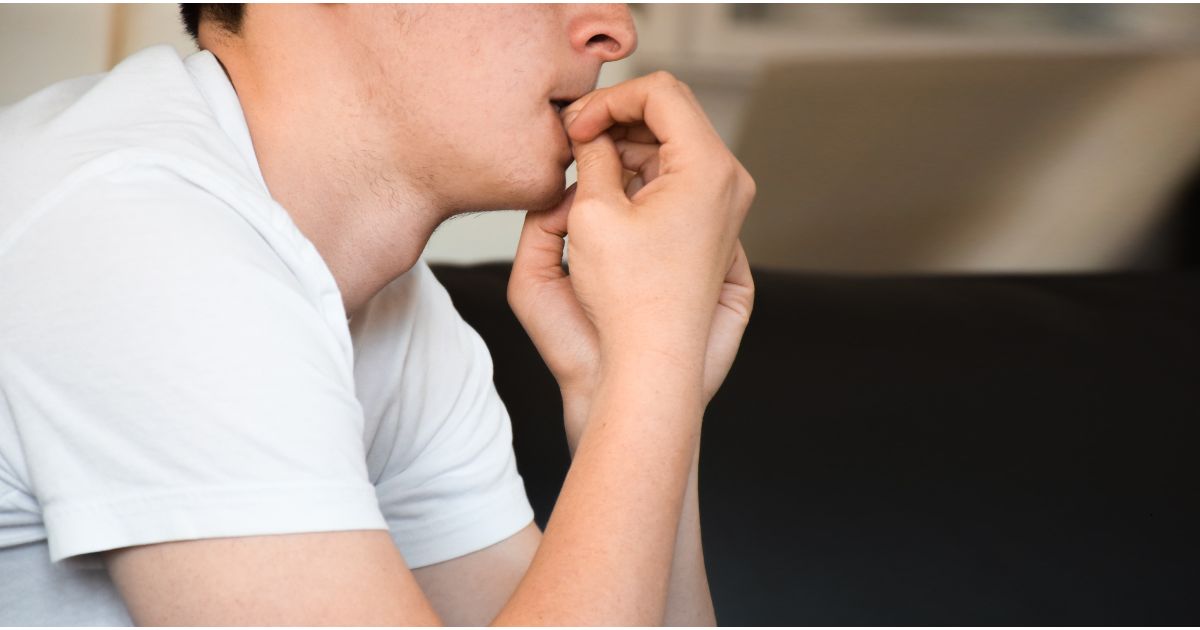An intervention is where friends and family come together to confront a person on their addiction and urge them to seek treatment. It’s usually facilitated by a professional addiction specialist, like a counselor.
The decision to hold an intervention has to be approached carefully. It requires good timing and thoughtful planning, with participants agreeing ahead of time on their role, what they’re going to say, and goals. Usually, the intervention begins with the person’s loved ones sharing how the behavior affects them personally.
It’s important this is done from a position of love and concern rather than blame – the goal is to encourage the person to recognize their harmful behavior and to seek treatment. The objective is never to punish or shame but rather to inspire change through love, empathy, and understanding.
How Does an Intervention Happen?
Here’s an overview of how to hold an intervention:
1) Preparation
Reach out to friends and family of the addicted person. Consider also involving a trained professional like a counselor or therapist. You (and everyone else) should also research the nature of addiction and compare it to the person’s behavior, keeping specific examples in mind to give yourself “talking points” to make your case.
Establish expectations for the meeting as well. This includes determining the main goal (e.g., treatment acceptance), establishing expectations for the meeting, and coordinating each person’s role. Each participant prepares specific statements to communicate their concerns clearly.
Finally, choose a time and place. The location should be somewhere private, comfortable, and free of distractions. And make sure the person is sober, calm, and not distracted by other issues.
2) Rehearsal and Coordination
Before the addiction intervention occurs, it’s important to rehearse what you are going to say. Everyone involved should practice giving their statements. Statements should focus on specific examples of how the person’s behavior has impacted each participant, always maintaining a supportive tone.
Be ready for any negative response from the person when you hold the intervention. They may respond with anger, denial, or even shut down and not respond at all. The team you’ve assembled should discuss how to handle all of these things and be prepared to stay calm.
4) The Intervention
When you hold an intervention, the meeting typically begins with the counselor or therapist acting as the facilitator. He or she will explain that the group is gathered out of love and concern for the person with the addiction.
As the addiction intervention proceeds, one by one, participants will give statements that detail how the person’s behavior has impacted them. The key is doing this in a tone of love and concern while helping the person understand the impact of their actions.
After everyone has shared their stories, the facilitator will then present a treatment plan that has been researched in advance. This is the “call to action,” which offers concrete and immediate steps that the person can take. The team will then allow the person concerned to respond, remaining calm and empathetic as he or she does so.
5) Post-Intervention and Follow-Up
If the person agrees to treatment, be prepared to act fast. Make arrangements to get them into treatment immediately and smoothly before they change their mind. Transportation to a facility or connecting them with a support program should be arranged ahead of time.
Once the person is in treatment, regular follow-ups should be made with them as well as the treatment center.
Get confidential help from our addiction treatment specialists in Orange County. Call to join our rehab program today!
Call 866-881-1184Tips for a Successful Intervention
Here are some key tips on how to successfully hold an intervention:
- Focus on Facts, Not Blame – Choose specific examples of how the person’s behavior has impacted you or others without assigning blame. Use “I” statements, like “I feel worried when…” rather than “You always…”
- Stay Compassionate – You love this person – make sure to express that. Let them know this intervention is meant for their sake and is not an opportunity to attack them.
- Present Concrete Solutions – Do your research and look into treatment options, support groups, and therapy modalities. This makes it easier for the person involved because they know they don’t have to do all this by themselves.
- Choose the Right Time and Place – Schedule the intervention at a time when the person is likely to be sober and calm.
- Prepare for Emotions – Acknowledge how intense this must be for the person involved (as it is for you). Phrases like, “We know this may feel overwhelming, and we’re here to support you,” can help create a safe space.
By keeping these tips in mind, you greatly increase your chances of success when you hold an intervention.
What If Someone Resists Getting Help?
If someone resists getting help during an intervention, it’s common and can be managed in ways that keep the door open for future support.
Here are some tips on how to deal with resistance during an addiction intervention:
- Stay Calm and Respectful – No matter what happens, be sure to remain calm. You can’t get angry, or the person you are trying to help will dig further in against treatment.
- Express Love and Encouragement – During this trying time, this person needs to know you care about them. Reiterate that the intervention was organized out of genuine love and concern, not to control or judge.
- Highlight Boundaries – Calmly communicate any boundaries the group has set, such as financial limits or changes in support, without framing them as punishment. For example, “We can no longer support certain behaviors, but we’re here to help you get the support you need.”
- Offer Alternatives or Compromises – If the person is resistant to a particular treatment plan, offer alternatives like outpatient therapy, counseling, or support groups instead of residential treatment. This might look like saying, “If a program feels too overwhelming right now, what about starting with weekly therapy sessions?”
- Give Them Time or Space – Sometimes, the most effective thing you can do is allow the person time to reflect. Many people need a few days, weeks, or even longer to process the intervention.
By showing ongoing care, setting clear boundaries, and allowing space, you provide a supportive foundation for them to seek help when they’re ready, helping create the conditions for positive change even if they’re not receptive at the moment.
Looking for quality substance abuse treatment that’s also affordable? South Coast accepts most major insurance providers. Get a free insurance benefits check now.
Check Your CoverageHelp with Interventions at Aliya Health Group
If you or a loved one are seeking treatment for addiction, South Coast Behavioral Health is here to help. The first step in treating addiction is a medical detox. This means using drugs to manage withdrawal symptoms.
Our medical detox program in California is staffed by caring and compassionate professionals who can provide you with medications to manage your withdrawal symptoms.
At South Coast, we take pride in offering care that is closely tailored to specific issues. To that end, we offer gender-specific detox programs, with medical detox for men in Irvine, CA, and medical detox for women in Huntington Beach, CA.
After detoxing, proper treatment can begin.
Treatment for substance abuse takes place along an entire spectrum of care. Along that entire spectrum are various behavioral therapies, support groups, and the use of medically-assisted treatment (MAT).
These levels of treatment are, in order, as follows:
Residential Treatment in California
After successfully completing medical detox, you’ll receive inpatient treatment in Orange County, California. There, you’ll receive medically-assisted treatment and dual diagnosis treatment to deal with any cravings or co-occurring mental health issues you may be battling.
We also offer residential treatment facilities in Costa Mesa, Irvine, and Huntington Beach for those who desire gender-specific treatment. There, patients get round-the-clock medical attention and monitoring while living at the institution full-time.
In addition to individual and group counseling and medication management, you’ll also have access to leisure activities and family support services.
Partial Hospitalization in California
Most clients start substance abuse treatment with South Coast in our residential treatment program. After completing that, many desire something that still provides structure and support but with extra space and time to oneself. For that, we offer Partial Hospitalization in Newport Beach.
A step down from inpatient care but with more structure than conventional outpatient programs, partial hospitalization offers a good balance for those looking to ease back into normal life. Clients can receive care five to seven days a week for a number of hours each day, returning back to their homes in the evening.
This way, they can recover without putting their daily lives completely on hold, receiving intense therapeutic interventions like group and individual therapy, skill development, and medication management as necessary.
Intensive Outpatient Treatment in California
For those leaving inpatient residential treatment or partial hospitalization, intensive outpatient programs (IOP) are yet another gradual step forward on the road to recovery.
With a focus on group therapy, individual counseling, and education, clients undergoing Intensive Outpatient Treatment in Newport Beach can meet three to five days a week. Each session lasts three hours.
This level of care requires the least amount of attendance at a facility.
Start Today
If you or a loved one are struggling with addiction but wonder how long addiction treatment takes or have other questions, call us at 866-881-1184 or contact us here. Our highly qualified staff will be happy to help give you an idea of what to expect from your addiction recovery timeline, help verify your insurance, and assist with any other questions you may have.









